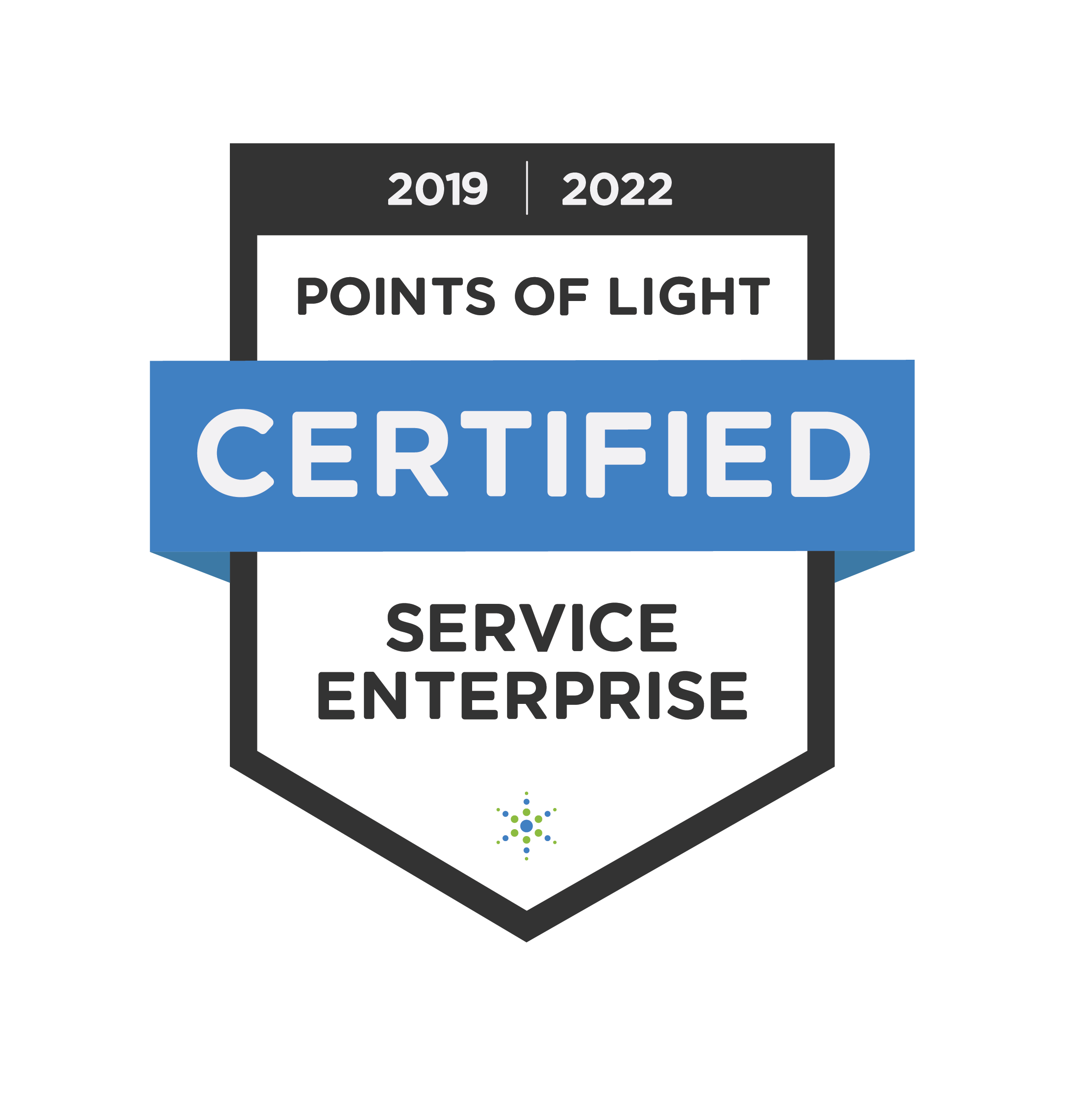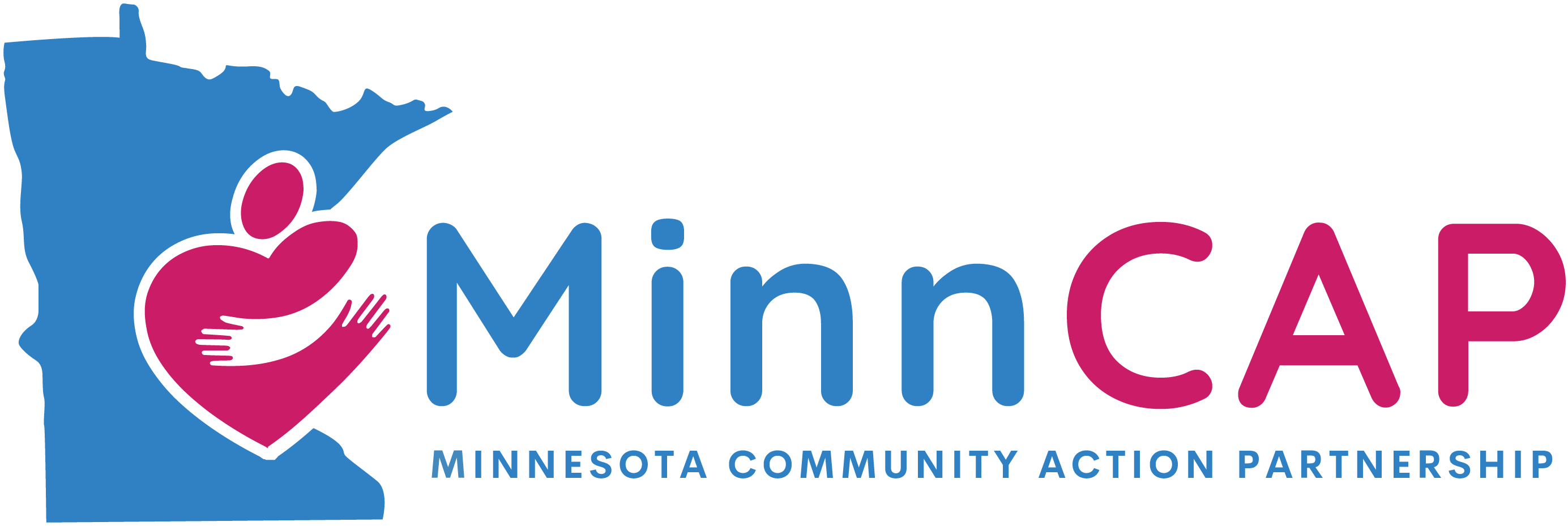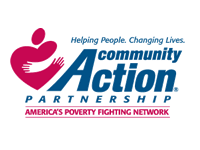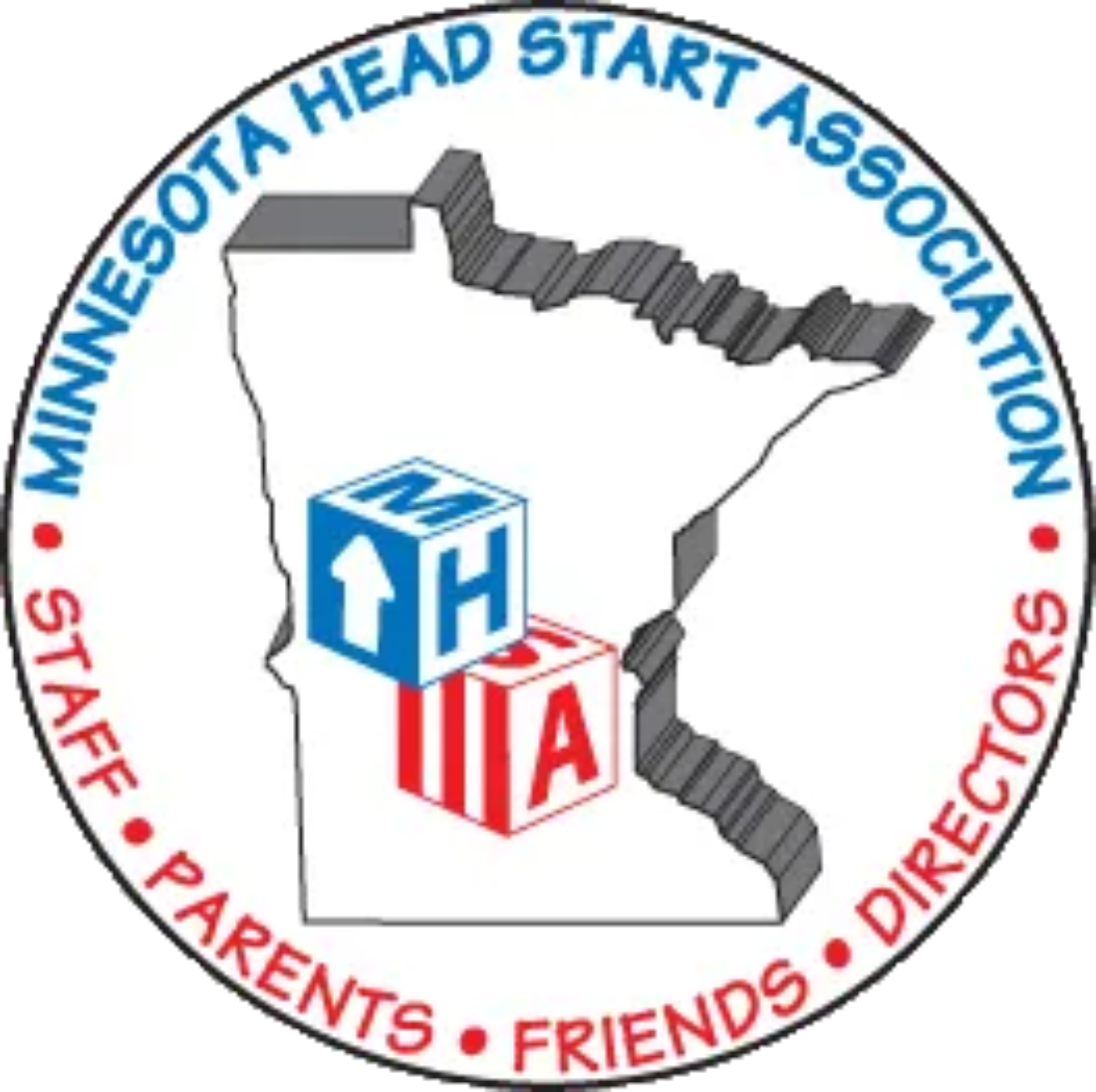January 17, 2019 | Vol. 6 No. 2
Students surviving in college on ramen noodles and pizza is hardly new. What is new is that are no longer shrugging off the issue. Food insecurity on a college campus can be anything from missing a few meals to forgoing meals several dozen times in a semester.
- Chris Bowling
In spite of what we hear about record-low levels of unemployment, persistent job growth, and other positive economic indicators, food insecurity remains one of the pressing issues in the nation. And, as you would expect, among the most vulnerable populations to this continuing trend are seniors and children.
Here in Minnesota, after reaching a five-year high in 2017, food insecurity among seniors dropped slightly in 2018. Overall, Minnesota remains one
of the least food-insecure states in America. And yet, last year there were a record 3.4 million visits to Minnesota food shelves; more than three million visits per year has remained the standard since 2011.
So, if food insecurity seems to be trending down (if ever so slightly) among some vulnerable populations, what groups are seeing an increase in food insecurity? The answer: college students.
Relative to this issue, the State of Minnesota has been center stage in a multitude of different ways. A 2015 study conducted by public health researchers from both Arizona State University and the University of Minnesota suggested that more than one out of every three college freshmen is food insecure.
One of the researchers, Dr. Meg Bruening, adds that “This number is over two times the national rate of food insecurity among adults, and over 10 percent higher among households with children.”
Last year, The Chronicle of Higher Education profiled five American college students, including two from Minnesota. One of two students featured in the piece, Frankie Becerra of the University of Minnesota, states, “Food insecurity is not only just skipping a meal, because everyone at some point has skipped a meal. Food insecurity is not knowing when your next meal is going to be.”
To his credit, Becerra has put his words into action. He’s become student cabinet president of LeadMN, a Twin Cities-based nonprofit dedicated to improving the lives of college students in Minnesota.
The other local student profiled, Oballa Oballa, has taken direct action as well. In addition to serving as student cabinet vice president at LeadMN, Oballa led the charge to establish a food pantry at the institution he attends, Riverland Community College in Austin, Minnesota.
It would seem that at this student level at least, leadership in opposing food insecurity is growing. The work of another University of Minnesota student, David Begleman, was highlighted by
the The Minnesota Daily late last year.
Begleman spearheaded discussions to launch a partnership with Swipe Out Hunger, a national program that enables students to donate unused “U Card” (dining services) swipes to food insecure students. Carleton College in Northfield and Duluth’s College of St. Scholastica have also joined forces with Swipe Out Hunger.
Recently the Star Tribune reported that nearly two-thirds of all students at Minnesota State University, Mankato say they have “missed meals in the past semester due to food insecurity.” According to the article, comparable numbers are being witnessed at college campuses nationwide.
Again, the good news is that MSU Mankato and other colleges and universities across the state
are partnering with organizations such as Hunger Solutions and Second Harvest Heartland to fight food insecurity. Food pantries and farmer’s markets are also pitching in to fill the gap, and there is even an effort to assist SNAP-eligible students in applying for and receiving food support benefits.
Still, one of the critical factors addressed in the Star Tribune piece and countless others is the stigma that is tied to food insecurity. College students as well as others are often afraid to ask for help because of that stigma.
That must change as we increase our efforts to erase food insecurity and hunger wherever they may surface. In the words of a young woman named Dawn, after receiving support from the nonprofit Feeding America in her home state of Idaho: “Hunger is something no one should struggle with, or be judged for.”









